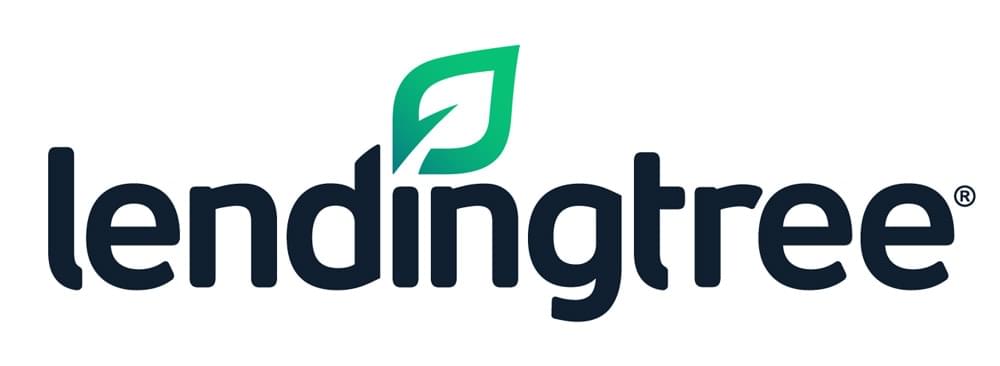The Coronavirus (COVID 19) has hit the mortgage industry (not to mention the business world at large) like a proverbial bolt from the blue. One by one, industrial sectors have succumbed to this dreaded virus, and entire industries have been similarly devastated. The cumulative impact of the virus is only increasing day by day, and everyone expects this trend will continue, at least in the foreseeable future.
In the long run, it is highly unlikely that the mortgage and other financial sectors would remain unaffected by the long-term economic impact of the novel Coronavirus.
The financial sector as a whole depends upon global industry to drive sales in the housing sector. And this is why a global economic slowdown has had a domino impact all across the industry. Assembly lines of many factories have halted production all over the US. This means that many people are out of work and unable to make their mortgage payments.
In places where people have gone back to work, the virus has resurfaced with a vengeance, and people's priorities have shifted to hospitals and other health care bills rather than outstanding mortgage payments. All of this has a tremendous impact on the mortgage industry at a holistic level. Let us see for ourselves how the COVID 19 pandemic has impacted and will impact this sector in both the short as well as long terms:
-
A Historically Low-Rate Environment
Millions of people are barely able to stay afloat, which is why high mortgage payments are out of the question. The industry as a whole has slashed its rates to help people make their bare minimum payments. Since residential mortgages are the largest single slice of the loans industry pie, it is imperative that people keep making at least their absolute minimum payments.
Even before the pandemic, the interest rates had been lowered. This was done to increase borrowing activity and decrease the cumulative debt burden of the borrowers. This is a very competitive industry, and offering lucrative rates was a suitable means of getting people to switch their loans. However, COVID 19 has ensured that rates are now lower than ever.
-
Digitalization of the Underwriting Process
Underwriting a mortgage was always a labor-intensive process since many essential aspects of this process had traditionally taken place in person. Various activities, such as securing a notarization or conducting an appraisal of the interior of a house, typically required the physical presence of the individual. The same held true for signing closing documents as well.
The Coronavirus pandemic has effectively ensured that all of these services have had to shift online. House appraisals are now being conducted via virtual walkthroughs, not just in the US, but all over the world. In fact, many third-party partners that the lending agencies rely on, such as real estate agents, mortgage brokers, and title officers are now steadily increasing their digital footprint.
This means that going forward: The mortgage and lending industry will be learning to offer their services remotely in line with new realities.
-
Lending Agencies are now tightening their Lending Criteria
Since it is not very easy to physically inspect mortgaged assets, many lending agencies have increased the number of deposits they typically require for their mortgages. This has been done to save themselves from defaulters as an increasingly larger portion of the general populace is now incapable of paying back what they owe to this sector.
Since the COVID 19 pandemic has drastically shrunk the economy, it is vital for this sector to decrease their risks even as they increase their own liquidity. In a nutshell, while interest rates are very low, the stringent tightening up of eligibility standards has made it really tough for people to get approved in the first place. The agencies have no choice in this matter since they have to brace themselves for the almost inevitable large number of defaults and bankruptcies.
-
Fewer Options available in the Market
Many top lending companies have shrunk the total number of loan products available in their portfolio. Instead of offering a diverse basket of services, there are now down to only a few top-performing financial products. This has created a lot of homogeneity in the mortgage industry, with different companies offering much the same products at nearly identical rates.
As choices have decreased, customers have fewer options for shopping around, and many of them have to settle for products that they would not have opted for in a pre-COVID 19 world. The mortgage providers have no option other than reducing their products due to the prevailing uncertainty in the market.
-
Massive Number of Mortgage Holidays
A mortgage repayment holiday occurs when a lending institution allows its debtors to stop making their monthly repayments on their mortgage for a pre-determined number of months. The US government, acting through its Federal regulators and mortgage giants Fannie Mae and Freddie Mac, have ordered lending agencies to show greater flexibility to homeowners who can prove that they have lost their livelihood because of this pandemic. The move covers houses that have been guaranteed by Fannie and Freddie Mac, but eventually, regulators expect that the whole of the mortgage industry will inevitably follow suit.
As per the mortgage holiday plan, any individual who has suffered a loss of income will be able to qualify for either reduced payments or alternately be granted a full and complete pause in payments, till such time that they get back on their feet again in a post COVID 19 world.
For better for worse, the COVID 19 pandemic has changed this industry in ways that were unthinkable barely a year back. From digitalization to streamlining of products and services, the industry has gone from strength to strength, and it is unlikely that this sector will be going back to its pre-COVID 19 days anytime. In fact, this holistic change is the key disruption of our times, and there is no going back again to the old era once again.







